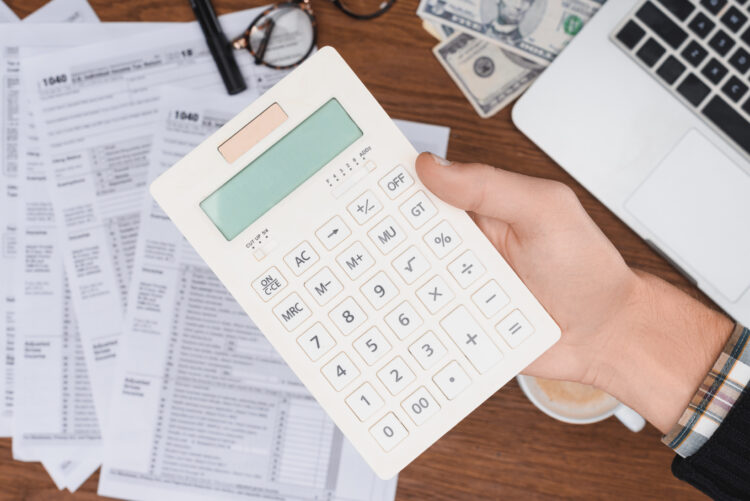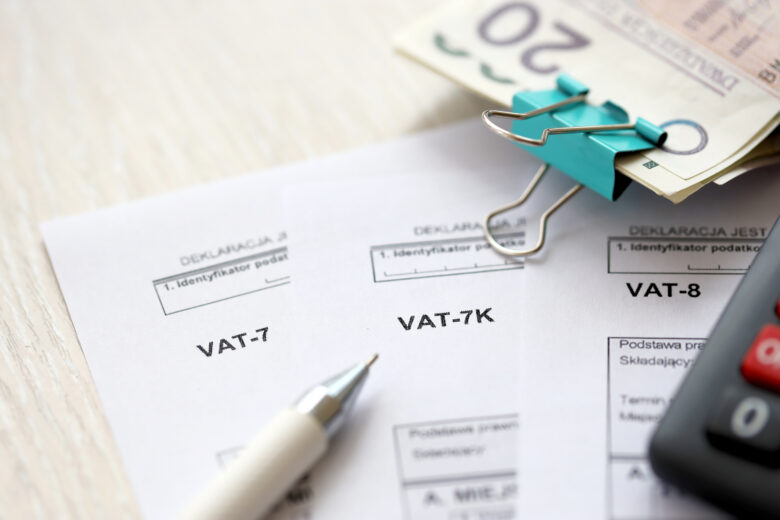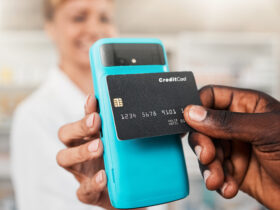Regardless of the business that you run, whether it’s a corporation or your own service bureau, knowing how Value Added Tax (VAT) affects your business is crucial. As the most common consumption tax worldwide, learning its ins and outs can help you understand why other businesses are VAT registered. From there, you can identify whether to sign your business up as well.
Here are a few essential points you need to know about VAT:
What is Value Added Tax?
Most products go through several production stages. The “value added” in VAT includes interest payments, wages and other forms of compensation, and the profits gained after every stage. Typically the first stage occurs when businesses pay for the VAT of raw materials.
In general, businesses include the previous VAT amount they have paid for in the sale of their product, whether to another business or to the market. This then repeats until the end product reaches consumers, where the VAT will be the sum of all the prior stages combined.

This cycle is normally done to regain the VAT payment. Moreover, with the taxes already included in each purchase, it is also more difficult to evade them.
VAT is a part of a regressive tax system. This means that individuals are not taxed differently based on their income but rather on the goods they purchase. Essentially, VAT incentivizes people to work towards earning more income since, unlike income tax, the VAT of each product remains the same.
VAT VS Sales Tax
With VAT, you can clearly identify the added taxes for each stage of production. On the other hand, Sales Tax is only calculated at the end of all stages combined. This makes the value added during each stage unmeasurable. Thus, only the finished product’s end consumer will pay for it.
Deductible VAT
VAT deduction is not applicable to purchases made for the following purposes:
- An organization member or employee’s private use
- Activities exempted from Income Tax
- Activities that promote the public good
- Medical and healthcare expenses, rental operations, social services, and other activities that do not incur payable VAT
The Advantages of Being VAT Registered
You can register your business for VAT payments during or after your business’ establishment. Keep in mind that this process goes beyond following your legal obligations. It also means:
- You can reclaim the VAT charged to you. The majority of businesses are charged VATs. Not being VAT-registered leaves you with tax payments you cannot reclaim. On the contrary, charging VATs on your products’ sales gives you the opportunity to regain a portion of your expenses from future clients.
- You can maintain competitive prices. Including a VAT in your product costs guides you when deciding their retail value. Doing so lets you worry less about where to earn back the costs of previous vatable transactions.
The Disadvantages Being VAT Registered
The benefits come with downsides, though. First, remember that not every customer will be VAT registered. End consumers and small businesses typically fall into this category. This means that your offers to them may be deemed more costly as they cannot reclaim the VAT amount.
Moreover, VATs can contribute to increasing bookkeeping and administrative expenses. Your chosen accountant or team may also need to learn how to manage VAT and Non-VAT transactions separately, as well as the necessary processes, software, and other tools.
How Is It Computed?
Before you calculate your product or service’s VAT, be sure to subtract its previous VAT from its current price. Doing so helps you avoid taxing double on the expenses incurred or the processes done on the product before you handle it.
Then, identify which of the following VAT rates apply to your item. Take note that the required rates vary depending on the country. As an example, in the UK these are:
- Standard Rate – Most purchases and luxury items have VATs that fall under the 20% rate.
- Reduced Rate – Specific products like domestic fuel or car seats for children have a 5% rate.
- Zero Rate – Children’s clothes, books and newspapers, most food, and other essential items are charged a nominal VAT rate.
To ensure you fully understand the complexities of VAT and avoid mistakes, vat training courses could be an invaluable resource. These courses typically help businesses and individuals navigate VAT computations, stay up-to-date with varying rates, and ensure compliance across different jurisdictions.
Stay on Top of Your Taxes
Keep records on all your transactions, whether they are charged with VAT. Consider registering your business for VAT as well. By doing so, along with consistent monitoring and accurate record-keeping, your team can effectively charge the right amount of VAT on your products moving forward. In the end, you will maintain a competitive edge in your industry while simultaneously growing your business.














Leave a Reply